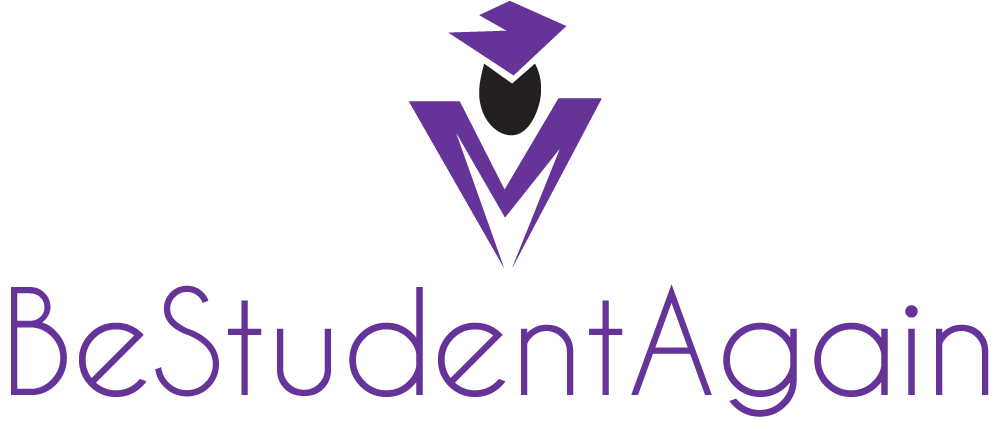L’orientation professionnelle constitue une étape importante pour chaque étudiant qui souhaite intégrer le marché du travail. C’est aussi un pallier très difficile qu’il convient de préparer avec grand soin.
Un choix délicat à faire
L’étudiant se trouve confronter précocement à un choix très délicat. En effet, décider de l’orientation à donner à sa future vie professionnelle s’impose dès le lycée. Il s’agit d’une grande pression exercée sur le jeune qui doit décider de sa future carrière, tout en craignant de faire le mauvais choix et de sortir de sa zone de confort. D’un autre côté, plusieurs filières sont proposées et il doit se renseigner sur celles qui l’intéressent et qui soient en adéquation avec le cursus à suivre et surtout les débouchés disponibles.
L’orientation professionnelle constitue un dilemme pour de nombreux jeunes qui essaient de concilier passion et réalité du marché de l’emploi. Certains étudiants optent même pour un double cursus étant donné qu’ils n’arrivent pas à trancher et cherchent à éviter de se trouver dans une situation d’urgence qui les pousse vers une voie unique et une prise de décision hâtive.
Pourquoi le choix est difficile ?
L’orientation professionnelle est un choix inconfortable, qui s’accompagne d’incertitude et d’hésitation. Mais les étudiants doivent évaluer toutes les probabilités pour que les retombées soient favorables sur leur carrière et leur avenir. Plusieurs facteurs entrent en ligne de mire. En effet le manque d’information sur le métier, le cursus et les débouchés est source d’hésitation pour les jeunes. Ils veulent suivre leur passion, tout en satisfaisant leur entourage familial. En plus, différentes options leur sont offertes, qui nécessitent des efforts et qui présentent des contraintes. De telles informations leur font défaut, ce qui peut être une autre source d’inconfort.
Parfois la source de confusion est l’embarras du choix offert, dès lors les étudiants rencontrent de grandes difficultés à explorer les différentes possibilités. Le désir de toucher un peu à tout peut constituer une réelle entrave pour les jeunes qui ne souhaitent pas s’enfermer dans une spécialisation et renoncer à d’autres. Un tel problème est désigné par le paradoxe de Fredkin. Pour pallier à ce problème, il faut penser à étudier les différents choix et à les filtrer pour choisir l’option la plus intéressante, qui peut être source d’épanouissement personnel et professionnel.
Les jeunes étudiants subissent une grande pression sociale, avec le temps qui passe, ils se sentent de plus en plus stressés. Ils se décident pour une université ou une école en fonction de la réputation et la notoriété de l’établissement, mais ils tiennent compte aussi des contraintes extérieures, notamment la perception de l’entourage et les envies de la famille. Tout le monde s’attend à ce qu’ils rejoignent une université bien cotée afin de décrocher un bon poste et avoir une bonne rémunération. De telles considérations influencent grandement les jeunes au moment de décider de l’orientation professionnelle. D’un autre côté, les étudiants s’inquiètent de perdre du temps et de gaspiller tous leurs efforts pour ne récolter que le regret.
Comment réussir son orientation ?
Pour la réussite de l’orientation professionnelle, il faut que l’objectif décisionnel soit bien identifié. En plus il convient de bien estimer les conséquences de la décision et de réunir les informations nécessaires en vue de fixer son choix en toute connaissance de cause. A ce propos, les étudiants doivent définir leur projet professionnel en réunissant les informations sur les filières mais aussi le quotidien des métiers avant de faire leur choix. Ils doivent comprendre les options d’orientation et les risques potentiels qui leur sont associés. Il convient aussi de prendre son temps pour mieux se connaitre et apprendre ses attentes et les projections futures.






